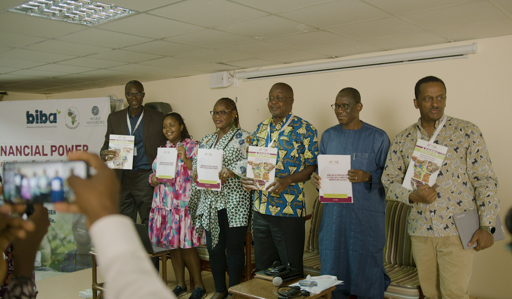Despite being sidelined, agroecology empowers communities to take control of their food systems. It’s proving to be a powerful and practical solution based on local knowledge that works harmoniously with nature. For example, in Kenya’s Muranga County, the new agroecology policy supports agroecology by subsidizing organic inputs and building local markets. The Seed Savers Network has set up over 100 community seed banks in Kenya to protect disappearing indigenous seed varieties.
Agroecology isn’t just about farming. It improves the health of people and ecosystems, supports local economies, strengthens communities, and helps African countries adapt to climate change. Yet it still receives only a tiny fraction of funding. Between 2016 and 2018, just 2.7% of EU support to agriculture in Africa went toward agroecological approaches, according to the CIDSE Finance for Agroecology Report.


